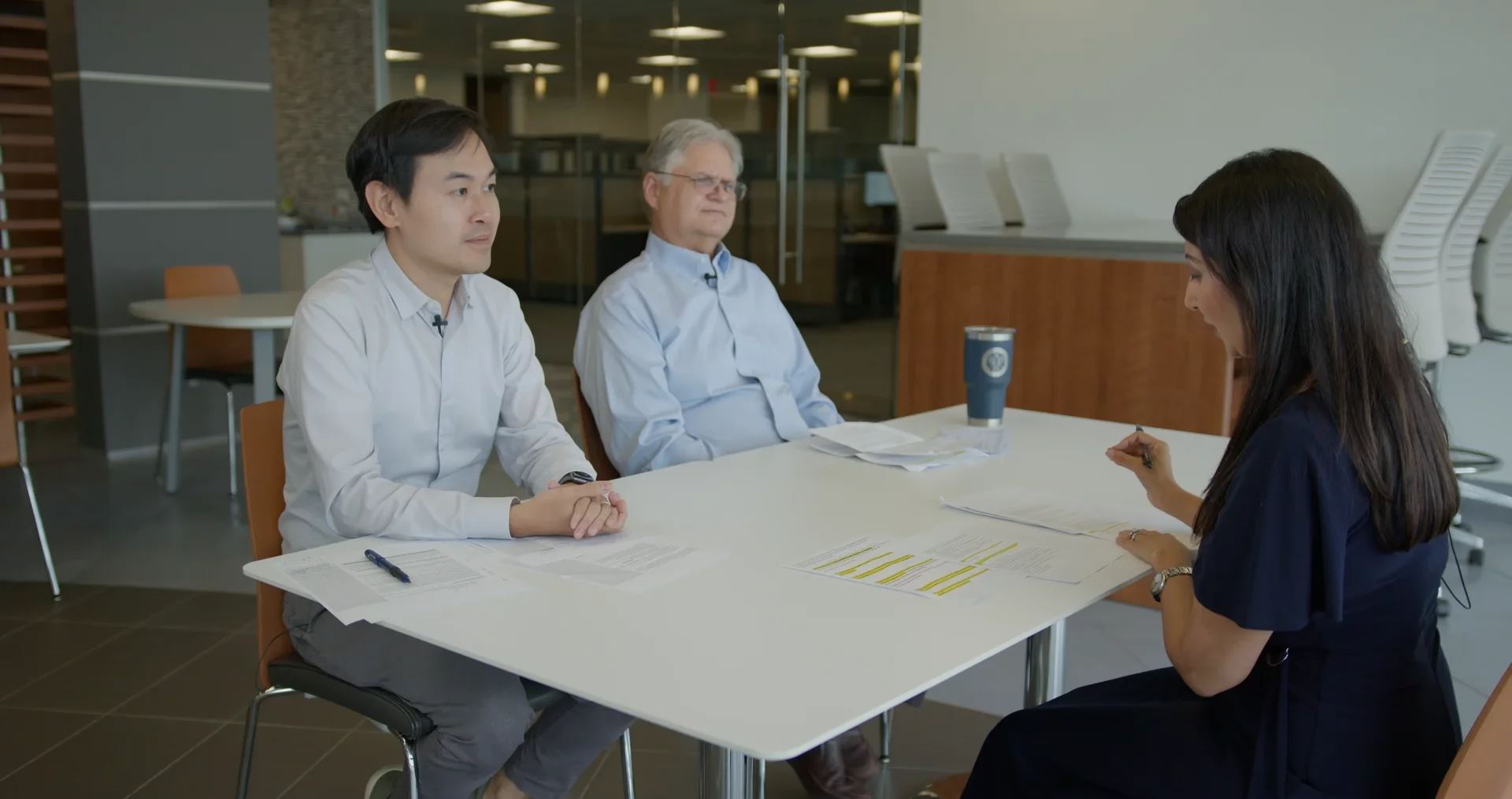Nigeria offers frontier and emerging-market investors enticing opportunities. It is a resource-rich nation with Africa’s largest population and fourth-largest economy. But when a country has gone through as many ups and downs as Nigeria has, signs of progress should be looked at cautiously.
Since last year’s election of former Lagos governor Bola Tinubu to the presidency, Nigeria has implemented a series of economic reforms designed to stabilize the country after a decade of mismanagement and allow it to profit from its own potential. What we as investors are looking for is the proverbial inflection point, a time when the reforms start producing tangible economic benefits. That would be good for the nation in general, and it would also be particularly good for Zenith Bank, Guaranty Trust Bank, and other large, high-quality Nigerian banks.
Tinubu had success turning around the economy in Lagos as its governor, and he wasted no time in tackling the country’s sclerotic economy. On the day of his inauguration, he abruptly ended a decades-old subsidy paid to oil companies to keep fuel prices low that cost the government US$10 billion a year, more than it spent on education or health care. He reorganized the county’s foreign-exchange system and abandoned the naira’s currency peg—it has fallen about 70% against the dollar since—and took other steps geared toward improving the economy and boosting tax revenue.
Since ending the subsidy, the price of oil (which is a strong source of revenue in Nigeria) has stabilized and credit-quality issues that plagued the energy sector have improved. Credit trends, for now at least, are stable. Two currency devaluations have removed a lot of the concerns about the previous monetary regime. So far, the reforms seem to be well received by outside observers. In early May, the ratings agency Fitch upgraded the country’s outlook to positive from stable, based on the initial success of Tinubu’s reform package.
There is good reason for investors to pay attention. Nigeria’s demographics are compelling: it has the sixth-largest global population, one that is young and fast-growing. Demographic tailwinds can be powerful over longer periods of time as penetration of banking and insurance services naturally expand as countries develop. Even amid the travails of recent years the country’s high-quality banks have fared well. Zenith and Guaranty Trust consistently post a return on assets north of 3%, compared to the more typical 1-2% earned by most banks around the globe.
Recent earnings might seem to indicate the hoped-for inflection point has arrived, and investors may also be enticed by the fact that Zenith and Guaranty Trust trade well below book value. But the earnings are somewhat misleading since both banks posted large and unsustainable hedging gains due to the naira devaluation. Nevertheless, their operating performance demonstrates their relative stability amid the volatility induced by the reform package.
A larger argument against the idea that an inflection point’s been reached is the reality that unwinding the mistakes of the past 8 to 10 years is going to be extremely difficult. Tinubu’s reforms, while necessary, have caused lots of pain and economic hardship. The currency devaluation feeds straight into inflation, which is running north of 30%. That, combined with the removal of the fuel subsidy and later an electricity subsidy as well, was too hard a pill for the majority of the mostly poor population to swallow. It seems likely that the next couple of years will be rocky and there may be credit-quality issues for the banks since credit stresses typically lag economic shocks.
Whatever the short-term pain, though, we do believe that the long-term picture is still positive, which is why we remain resolutely interested in Nigerian companies, not just the banks. The policy changes this new government has made will hopefully put the economy on a better growth trajectory and make the society more prosperous. In fact, we’d go so far as to say that Nigeria is lucky to have elected President Tinubu at this critical time. He appears to be the right man to have taken over the country given its precarious economic state. After his success in Lagos, it’s reasonable to have hope for his administration’s ability to turn the country around. But the path to better days ahead will likely be turbulent. ∎



